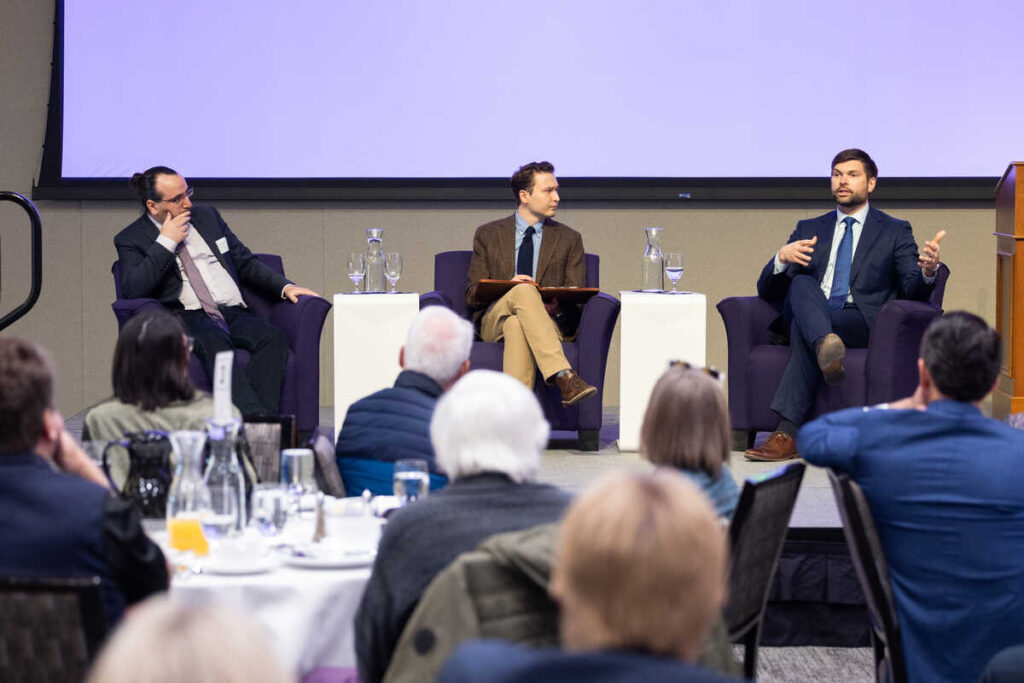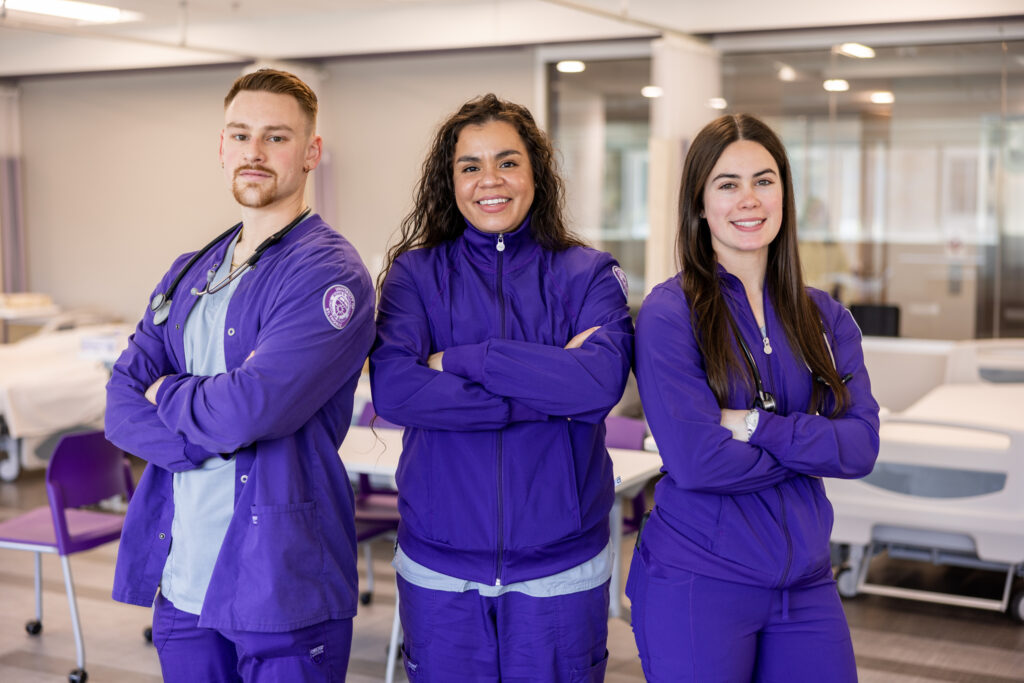Roxanne Prichard, psychology and neuroscience professor at the University of St. Thomas College of Arts and Sciences, recently spoke with Scientific American about what those of us who have trouble falling asleep should do to remedy the situation and catch some z’s.

From the story:
We’ve all been there: lying in bed wide awake and desperately wondering how to get to dreamland. In fact, scientists say it’s pretty normal to have a little trouble falling asleep or staying asleep from time to time.
“There’s this expectation that we should just go to sleep and stay sleeping for seven to eight hours,” says Roxanne Prichard, a neuroscientist at the University of St. Thomas, Minnesota. “That’s just not biologically supported with how humans sleep...”
An emerging hypothesis suggests the brain isn’t well suited for cognitive processing in the wee hours, Prichard says. “The mind, after midnight..., is less equipped to problem-solve and more prone to find problems,” she explains. “It’s really easy to wake up in the middle of the night and freak yourself out about something that you could probably problem-solve more effectively later.”
Sleep aids and supplements, such as melatonin, are commonly used to fall asleep, but Prichard likes to advise people to use relaxation practices instead. “I want people to learn sleep skills, not pills,” she says.







